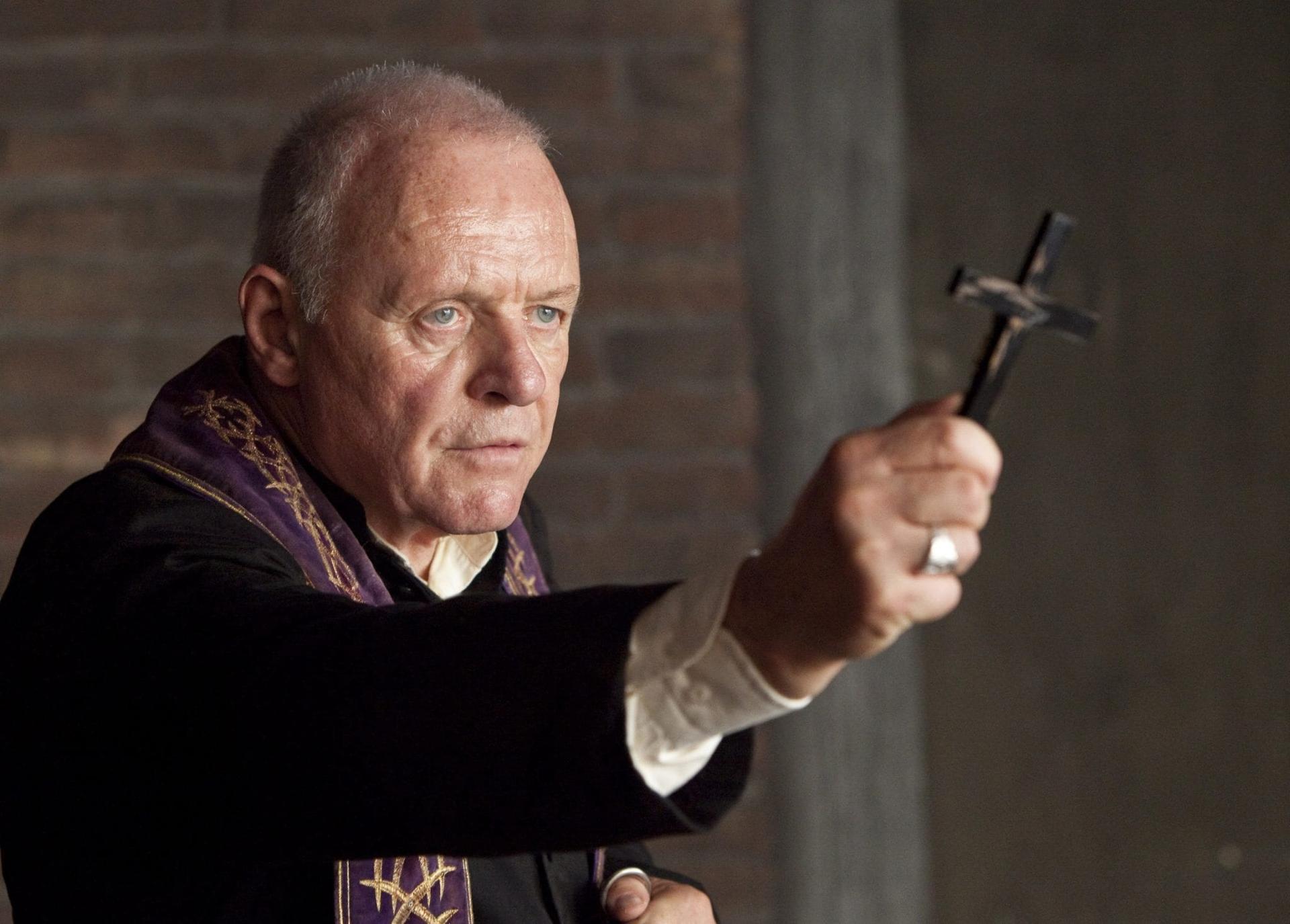While much of contemporary Christianity has been reduced to moralistic, therapeutic Deism, Catholicism has retained its supernatural roots. The dangers of Devil worship, and the antidote to such poison, continues to be a Catholic preserve.
In other words, when someone needs an exorcist, they don’t call the Baptist pastor.
The Rosary is one of the Catholic prayers associated with the Catholic battle against evil forces. Saint Pio of Pietrelcina (Padre Pio) and many other saints and popes have called it “a glorious weapon against Satan.”
The month of October is particularly associated with the Rosary for several reasons. On October 13, for example, Catholics celebrate the famous “miracle of the sun” which took place at Fatima in Portugal in 1917.
October 7, meanwhile, is the celebration of Our Lady of the Rosary, also known as Our Lady of Victories, a feast that commemorates the 1571 victory of Christian armies against the Turks at the Battle of Lepanto.
There is also a third, lesser-known celebration. On October 3 the Church remembers Blessed Bartolo Longo, otherwise known as the “Apostle of the Rosary.”
Longo was born on February 10, 1841 to a wealthy family in the small town of Latiano, in southern Italy. His father and mother prayed the rosary together daily.
But when he went to college he began to drift from his Catholic faith. At the time revolution was sweeping through Italy, and part of the rebellion was a widespread interest in the occult.
As a young student Longo was drawn into a pagan group and “ordained” as a satanist priest.
He took part in necromancy, fortune-telling, and the sexual depravity which is part of satanic worship. Along with the satanism came a deep hatred of Catholicism and active attempts to destroy the faith of others and draw them into the occult.
His descent into darkness brought about inner despair, depression, paranoia and confusion. He started to experience diabolical nightmares and eventually drifted into an emotional and mental breakdown.
In his fear and despair, he turned to a family friend who told him to renounce Satan and meet with a priest. Still wracked with guilt and despair, he was contemplating suicide when he recalled the priest’s words: “If you seek salvation, promulgate the rosary. This is Mary’s own promise.”
In 1871, he became a Third Order Dominican and devoted his life to promoting the rosary.
He started a confraternity to promote the devotion and restored a broken down chapel in Pompeii as a church in honor of Our Lady of the Rosary. There, he installed a painting of Our Lady of the Rosary which soon attracted crowds of pilgrims.
Within five years work was started on a larger church. It was consecrated in 1891. In 1939 the church was enlarged and re-consecrated and officially renamed the Basilica of Our Lady of the Most Holy Rosary of Pompeii.
Longo continued to promote the rosary until his death in 1925. Almost immediately the cause for his canonization was opened.
On October 26, 1980 he was beatified by John Paul II, who called him the “Apostle of the Rosary.”
Pope Benedict XVI visited the shrine in October 2008, and took the opportunity to consecrate the world to Mary. In his homily, the Pope said Longo was like St. Paul who, after first persecuting the Church, became her humble servant.
“Wherever God comes in this desert, flowers bloom,” he said. “Even Blessed Bartolo Longo, with his personal conversion, bears witness to this spiritual power that transforms man from within and makes him capable of doing great things according to God’s designs.”
Why do so many consider the rosary to be such a powerful prayer weapon against evil?
I was contemplating that question during the writing of my recent book Praying the Rosary for Spiritual Warfare. It came to me that the Blessed Virgin Mary joined her will perfectly to God’s will when she agreed to be the mother of his Son.
So, when we pray the rosary we join our will with her will and with the will of millions of others who also pray the rosary. A kind of spiritual chain is established, involving millions of Catholics all joined together in prayer, linking our wills with the will of the Blessed Virgin Mary, and all of us saying to God, “Thy Will be Done.”
This corporate act of the will establishes a powerful presence in the world and acts as a spiritual buffer and antidote to the poison of evil.
Longo knew the power of the rosary in his own life, and promoted this force of goodness, truth and beauty in the world with utmost devotion.
During the month of October, the Church reminds us to do the same as we are able.












